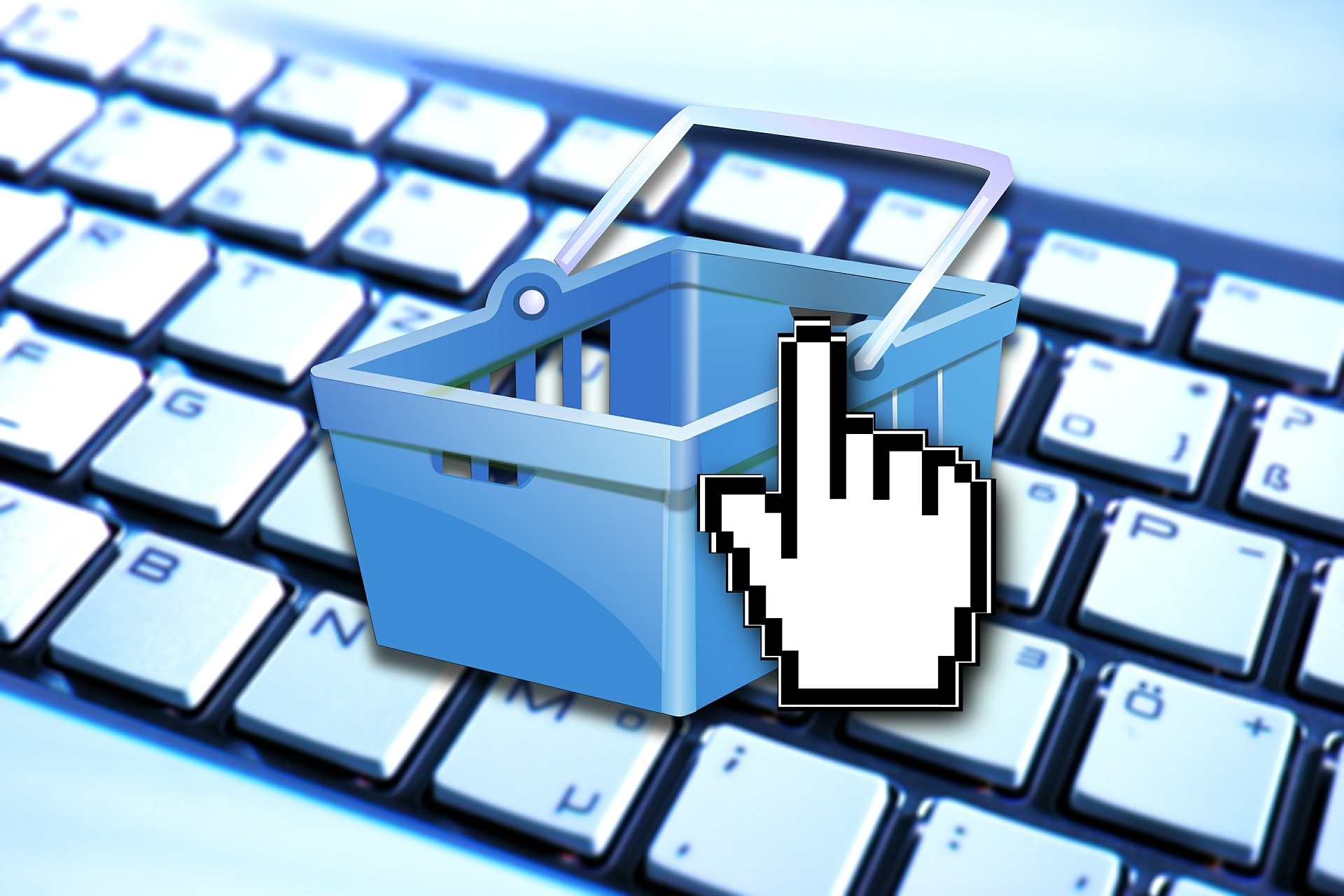
France has the third-largest population in Europe with 65.3 million residents and the second-largest ecommerce market. French consumers are loyal to their national brands and often shun cross-border ecommerce. Roughly 60 percent of French shoppers make only domestic purchases, according to the Ecommerce Foundation, a Netherlands-based research firm.
Over the last several years France has experienced modest ecommerce growth at a declining rate. The Fédération E-commerce et vente à distance (Federation of E-Commerce and Distance Selling, or Fevad) reports that total French online sales — physical products and services — are expected to reach €115 billion, an increase of 11.4 percent year-over-year. Most websites are in French and operate from .fr domains, including Amazon, the biggest online marketplace in that country.
Quite a lot has been going on:
The Pandemic Economy Has Made Ecommerce More Indispensable Than Ever

If a journey of a thousand miles begins with a single step, then large orders can propel your business a hundred steps forward.
All businesses will eventually have a digital footprint . For now, 40 percent of small firms don’t have a website , and 38 percent don’t use social media, according to a 2019 survey by Visual Objects, a portfolio website. That won’t fly in a struggling economy, therefore entrepreneurs must maximize sales, traffic and referrals.
Parabola no-code platform raises $8M Series A as it focuses on e-commerce – TechCrunch

At the same time, the company also announced a new Shopify connector. As COVID has forced a dramatic increase in online shopping, Parabola has seen a corresponding increase in demand for its workflow automation services from e-commerce vendors, and they have added functionality to support that.
Company founder and CEO Alex Yaseen sees the tool as a way to bring programming-like automation to anyone who deals with data tasks on a regular basis, particularly in a spreadsheet. “We’re a drag and drop productivity tool, and we like to say we bring the power of programming to everybody,” Yaseen told TechCrunch.
Retail Systems Research eCommerce Report Warns Brands Must Optimize Digital or Face "Serious

Due To COVID-19 A Precise Online Shopping Experience Is Now Imperative With 90% Of Shoppers Stating They Won't Wait For A Slow Web Page To Load
RSR, an industry market intelligence firm that helps retailers make more strategic decisions about the role of information technology in their enterprise, conducted the study from April to May of 2020. In keeping with the methodology used in its previous reports on this topic, RSR assembled a list of 80 top retail sites, and then evaluated these brands' website performance across multiple criteria.
In case you are keeping track:
Celigo Announces the Supply Chain and Ecommerce Virtual Summit on September 2 and 3

Presenting companies include leaders from Intelligentsia Coffee, OZNaturals, Goodwill Southern California, Lionel Racing, Chicago Music Exchange, William Roam , and more.
"We are thrilled to bring together so many operational experts in one virtual event," said Jan Arendtz, Founder and CEO of Celigo. "In light of recent events, businesses engaging in ecommerce, manufacturing, distribution, and retail are looking into optimizing their operations and management processes or improve operational efficiencies. These experts will be sharing how their companies are adapting and growing in these times."
Ecommerce will be key driver in EchoPark expansion | Auto Remarketing

ACI Worldwide Finds Click-and-Connect Fraud Rising Along With Increasing E-commerce Sales |

Digital Silk's eCommerce Experts Compare Three Leading Platforms: Magento, Shopify and
![]()
Worldwide retail eCommerce sales amounted to $3.53 trillion in 2019, with three main platforms powering the market: Magento, Shopify and WooCommerce. ECommerce development experts at Digital Silk evaluated each platform to help brands choose the best option for their online stores.
* * *
Worldwide retail eCommerce sales amounted to $3.53 trillion in 2019, with most of these transactions happening in the e-stores powered by three leading platforms: Magento, Shopify and WooCommerce.

No comments:
Post a Comment